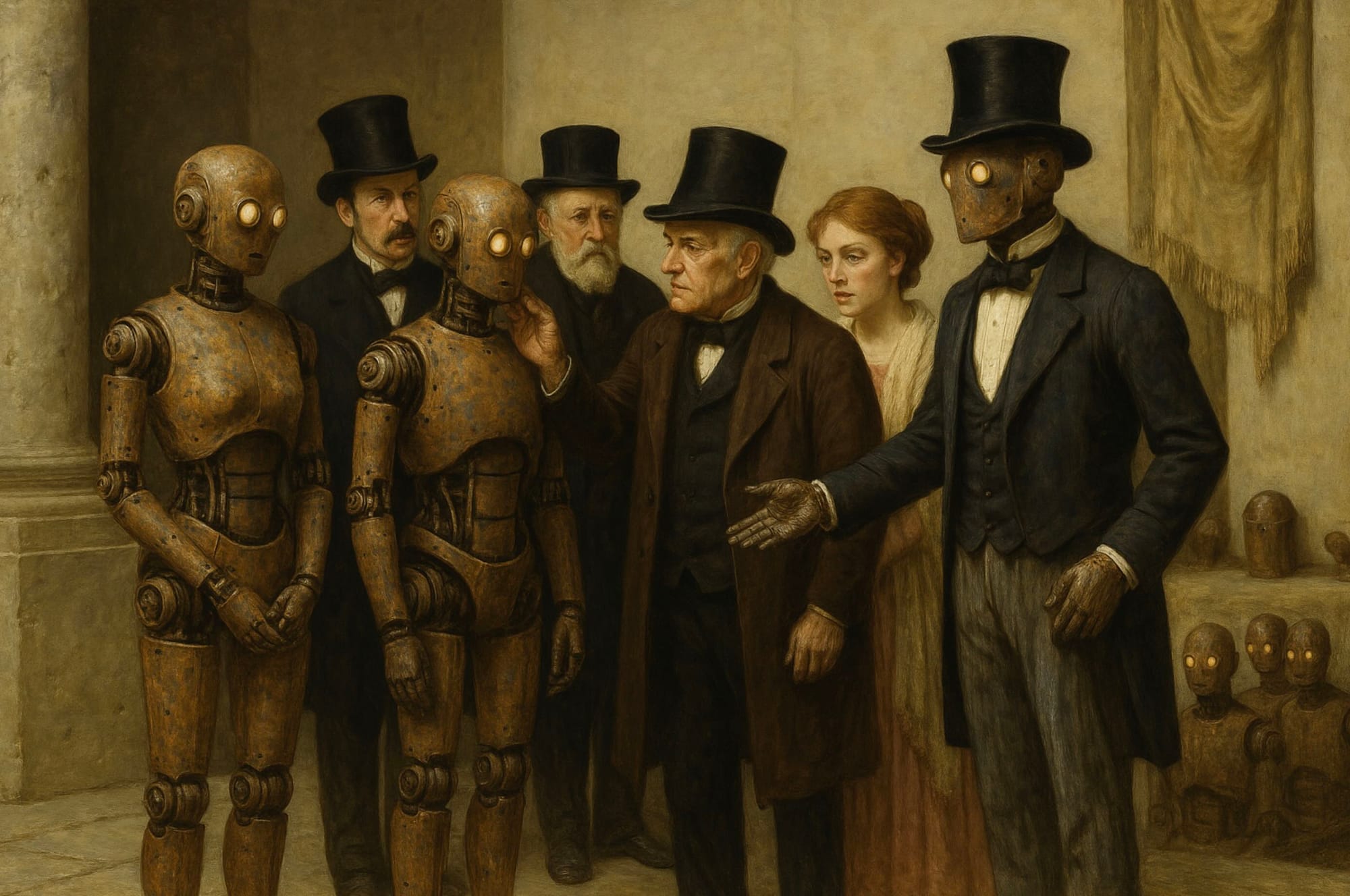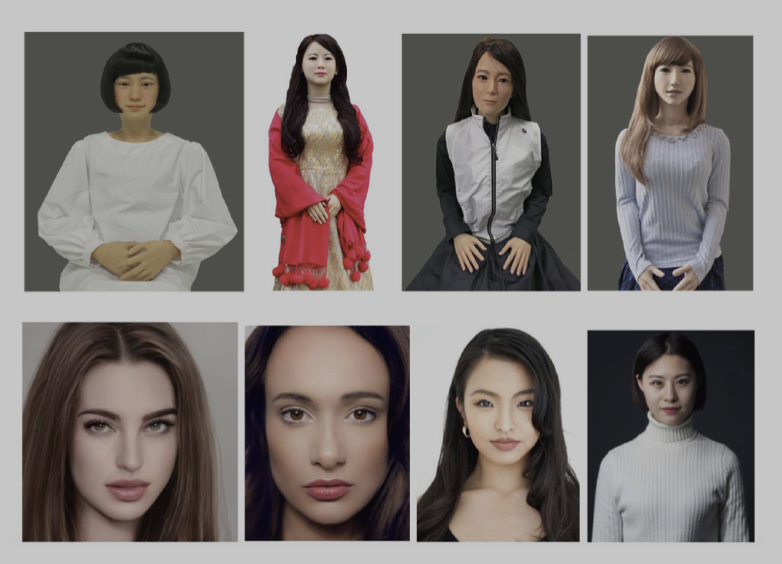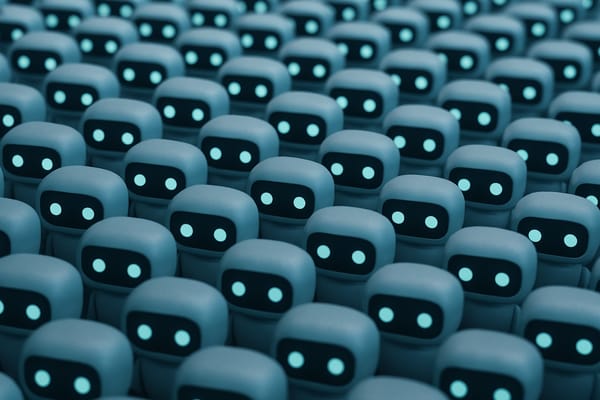How will "speciesist" humans treat robots in future? Just ask animals...
Homo sapiens has been beastly to the natural world, so machines should probably brace for a similar kind of relationship with their creators.

If you want to see how our species will treat robots in the future, just look at what it has done to the natural world.
From the ongoing henocide that sees us kill almost 70 billion chickens each year to the eradication of iconic species in ancient times, humanity has dominated Earth in an appalling reign of terror lasting hundreds of thousands of years. The Animal Kill Clock (great name) tells us that 1,528,073,016 living creatures have been killed for food so far this year in the UK alone.
We have always been awful to animals - even though we also have a lot of love for (some) of them. So how can our species be so dreadful to the creatures that live alongside us?
The answer is, in part, an in-built "speciesism" which means we care most about the wellbeing of homo sapiens and are willing to turn a blind eye to the grim lives and dreadful deaths of the animals we kill to survive.
This ancient bias is likely to lead to the exploitation of machines in future, which will serve us like beasts of burden, becoming dehumanised tools rather than entities we feel are worthy of being treated well.

Now researchers from Harvard Business School, Columbia Business School and the University of Alberta have gathered experimental evidence of speciesism and used their findings to argue that it is driven by the same pro-human bias that allows humanity to be unspeakably cruel to animals.
"We find a tendency (called “anti-robot” speciesism) to deny such robots humanlike capabilities, driven by motivations to accord members of the human species preferential treatment," the team wrote in a pre-publication paper.
Humans exploit animals and robots alike by denying them mind, emotion, or moral worth.
"[Our] experiments show that robots are denied humanlike attributes, simply because they are not biological beings and because humans want to avoid feelings of cognitive dissonance when utilizing such robots for unsavory tasks," the researchers added. "Thus, people do not rationally attribute capabilities to... robots but deny them capabilities as it suits them."
This reaction is similar to the way in which humans can shut off concerns about the suffering of animals when eating them for dinner.
"Human exploitation of animals for eating meat often gives rise to cognitive dissonance, because harm of animals is difficult to justify given that people otherwise love and keep animals as pets," the academics said. "To reduce this dissonance, people downgrade animals’ perceived mental capacities—such as their capacity to suffer, experience emotions, or anticipate the future—thereby justifying harming them."
Exposing speciesism

The team analysed reactions to "perfectly human-like" robots of the type currently being developed by firms like Tesla, Nvidia and Amazon and Nvidia.
They started by noting that "people are often averse to robots" thanks to the "uncanny valley" phenomenon - a feeling of discomfort or eeriness that people experience when a machine closely resembles a human but is still noticeably artificial or imperfect.
Human-like robots may even remind us of zombies, death, or disease, previous research has suggested.
The researchers carried out a number of experiments to uncover human speciesism and show that we exhibit preferential treatment to people over machines and animals.
For instance, when asked which of the faces they felt most comfortable with in the image above, they reported feeling most at home with the human, followed by convincing machines and then the creepy "imperfectly humanlike robots".
"Our findings suggest that perfectly humanlike robots will have a mixed reception once they enter our society," the academics wrote. "While they might be preferred over today’s robots, they will continue to face challenges from an adoption and acceptance standpoint, given more entrenched discomfort with them than humans.
"Our findings suggest that educational interventions explaining their true capabilities might help."
Have you got a story or insights to share? Get in touch and let us know.




